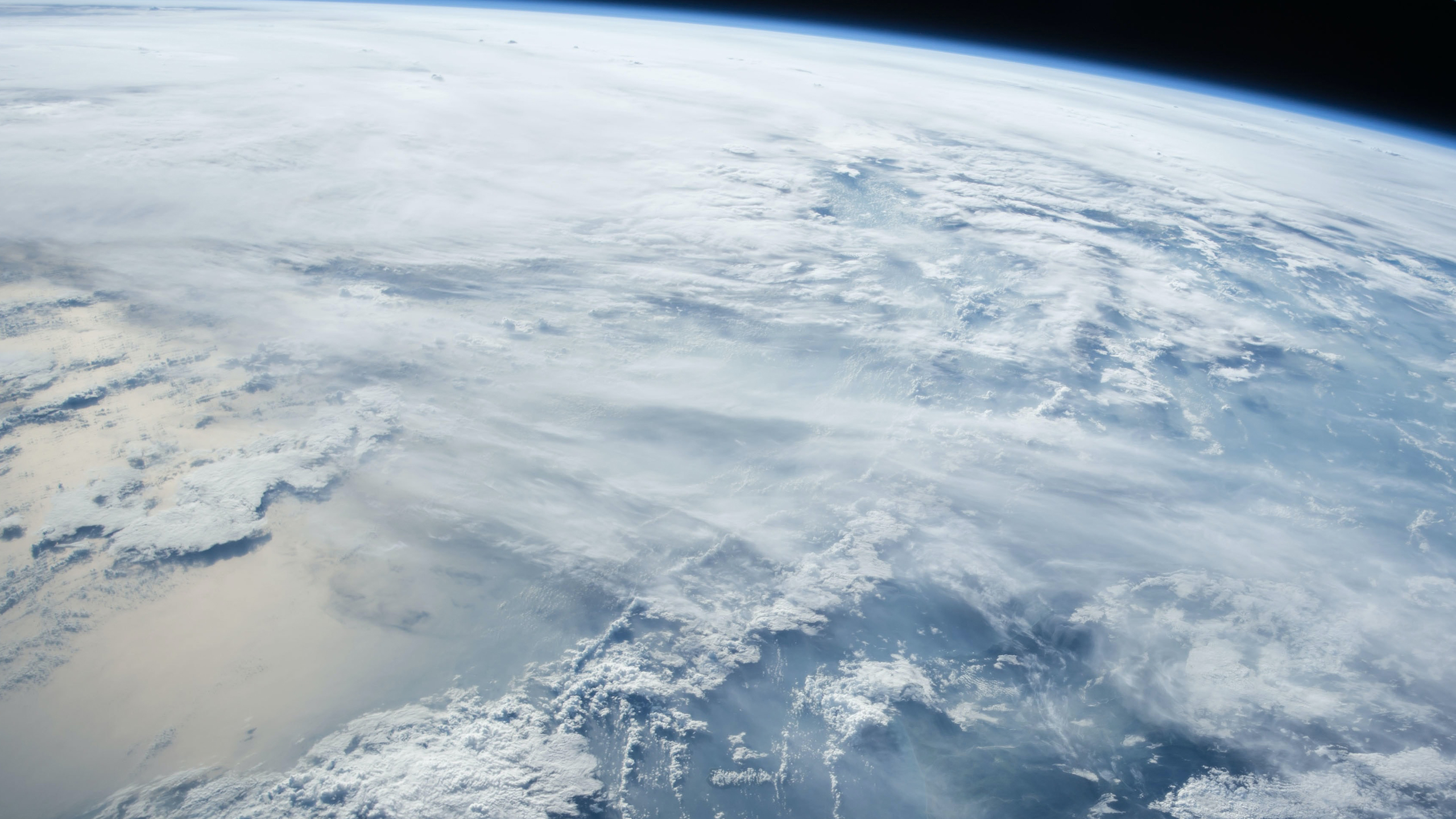Solar Foods to team with the European Space Agency Business Incubation Programme on food production on Mars

The Finnish company Solar Foods, producing proteins using only air and electricity as the main resources, has been selected for the Business Incubation Programme of the European Space Agency (ESA). The goal for Solar Foods is to develop a system for producing proteins for space flights to Mars.
The Solar Foods method requires carbon dioxide, water and electricity, combined with a small amount of trace elements. The bioreactor tank made of steel is a small, lightweight device that makes possible a process for producing food in space. The journey to Mars takes several months, and success requires the ability to produce food during both outbound and inbound flights, as well as on the planet itself. The ESA Business Incubation Centre in Finland has requested Solar Foods submit a proposal for food production in space conditions.
“The conditions in Mars colonies are very different from those on Earth, but they have sunshine, and there are huge amounts of carbon dioxide in the planet’s atmosphere,” says Kimmo Isbjörnssund, Manager, ESA Business Incubation Centre Finland. “The pioneering technology of Solar Foods enables a new way of producing food even in closed spaces. We assume that ingredients available at the Mars base can be used with the new technology.”
ESA founded its Business Incubation Centre in Finland in 2017. The business incubators in different parts of Europe aim to help startup entrepreneurs to develop space-related business ideas. The incubators provide technological support for the entrepreneurs by leading companies and organisations in the industry. Companies selected for the partnership programme must have a viable operational business, but at the same time be able to offer methods that can be used in space.
Food grown without soil
The Intergovernmental Panel on Climate Change (IPCC) published a climate report in October in which it says carbon dioxide emissions should be cut by 45 percent by 2030. Climate change has a strong effect on agriculture as roughly one-fifth of greenhouse emissions come from food production, in particular from meat production. Extreme weather phenomena and the resultant poor crops are normal everywhere in the world, and last year, the number of undernourished people rose for the first time in a decade.
“The method of Solar Foods for producing protein arose from a desire to produce food in a more environmentally-friendly way, without using land. The concept is not dependent on agriculture, weather or climate; instead, it makes possible efficient and low-cost food production with solar energy anywhere, whether in a desert or in space,” says Pasi Vainikka, CEO, Solar Foods.
Solar Foods aims to start commercial protein production in 2021. In the testing phase, the technology has met expectations, and small amounts of protein have been produced from air with the help of electricity. The production method is based on research initiatives of VTT Technology Research Centre Finland and Lappeenranta University of Technology.
For more information, please contact:
Pasi Vainikka, DSc, Adjunct Professor, CEO, Solar Foods Oy, telephone +358 40 5825 987, pasi@solarfoods.com
Kimmo Isbjörnssund, Manager, ESA Business Incubation Centre Finland, telephone +358 50 4436 855, kimmo.isbjornssund@esabic.fi
Solar Foods produces protein using carbon dioxide and electricity. Solar Foods revolutionises food production with its method that is not dependent on agriculture, weather or the climate. www.solarfoods.com

